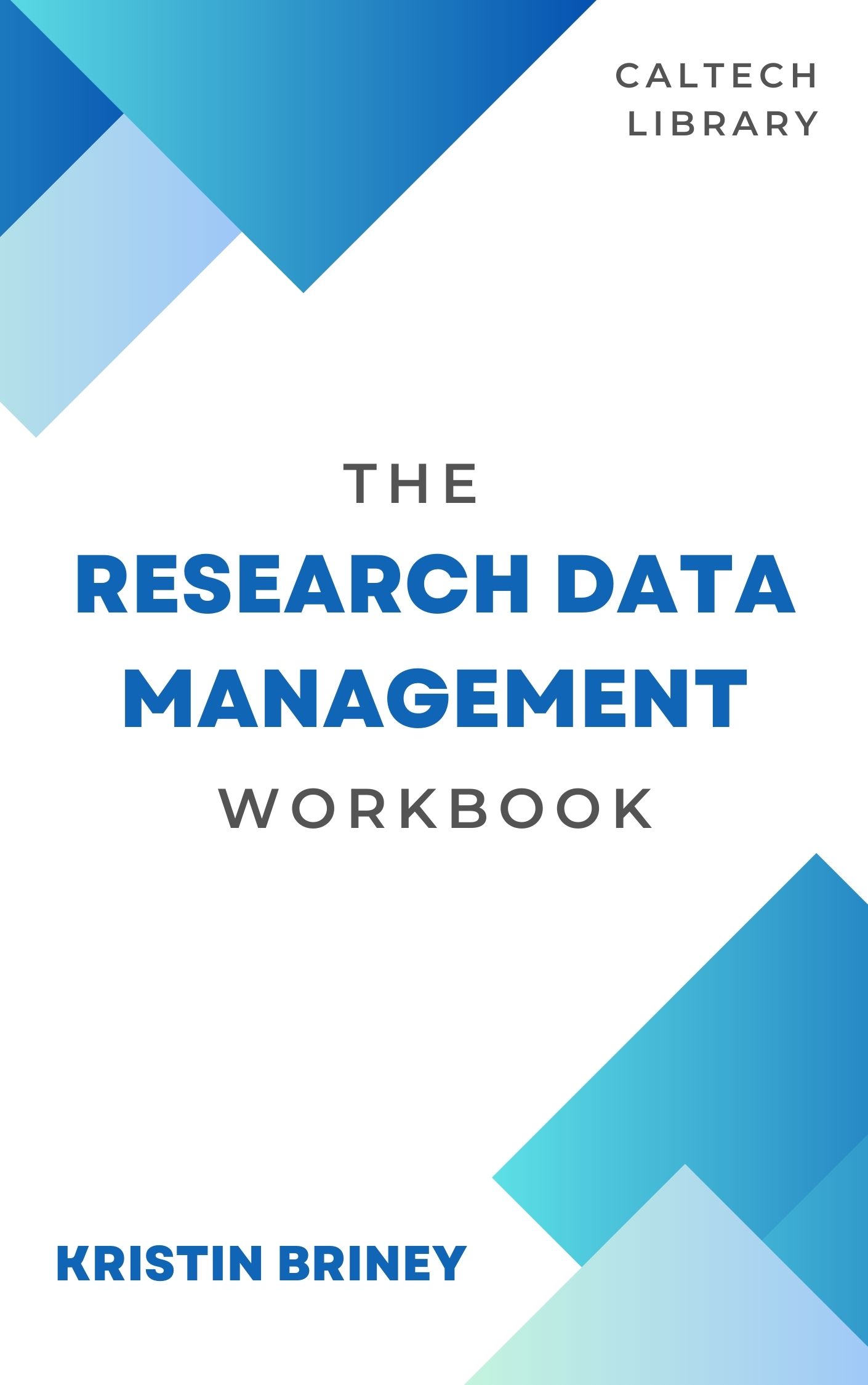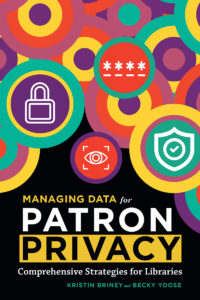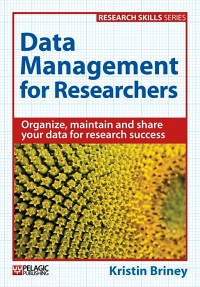The White House made an announcement on Friday that will significantly impact the way that you disseminate your research. The memorandum (pdf), covering all federal granting agencies with over $100 million in annual R&D expenditures (a list of agencies can be found in this Scholarly Kitchen blog post), directs granting agencies to make the products of their grants–both publications and data–accessible to the general public. Here’s an overview of the announcement and what it means for you, the researcher.
Changes in Publications
The publication portion of this directive is akin to what the NIH currently mandates. Articles will be published through normal channels but made freely available to the public after a 12-month embargo. The NIH houses these publications in PubMed Central, though I expect that other granting agencies will make use of different repositories. What this means is that in the short term you will publish articles as normal but in the long term more people will be able to read your articles.
Changes in Data
The publications announcement alone is really big news but, as this is a blog about data, I’m more interested in the data portion of the memo. Here’s where things get a little more complex because there isn’t nearly as much infrastructure to support data sharing.
The memo does not give an outright mandate for data sharing, instead it seeks to “maximize access” to digital research data. I definitely view this as a step in the direction of full sharing; it gives time for researchers to adjust to the new model and for the rest of us to build infrastructure and work out the kinks.
It should be noted that even this ‘maximized access’ has it’s limitation. Among other things, researchers will not be forced to share classified data, data with privacy and confidentiality concerns, lab notebooks, preliminary analysis, and physical objects (see memo section 4 for the full list). Researchers can also exert intellectual property rights over data to prevent sharing and I’m looking forward to seeing how this manifests as policy.
Beyond encouraging data sharing, the memo’s directives model the current NSF mandate for data management plans. All researchers on federal grants will be required to create data management plans and agencies should monetarily support these plans, as appropriate.
How the memo effects you as a researcher is less clear for data than for publications. It is clear that you will be writing more data management plans and more resources will likely be put into supporting and evaluating these plans; I expect research institutions will be stepping up in this area as well as funding agencies. Researchers will also start feeling more pressure to share their digital data, but avenues for sharing data will increase and sharing (and citing) datasets will become easier over time. Any further requirements on researchers will become defined once the agencies develop their data policies.
Time Scale
Granting agencies will have 6 months from the time of publication of the White House memo to develop new policies that comply with the memo. These agencies will also need to do this work within their existing budgets. For these reasons, the changes outlined in the memorandum will not happen right away but you should be aware that they are coming soon.
My Final Thoughts
The White House memo is a measured step toward opening up research because it makes use of existing NSF and NIH policies that have been proven feasible. For this reason, I expect the publication and data management plan portions of the memo to proceed somewhat smoothly. As for data sharing, we are at the beginning of a big change in what we do with digital research data and it will take some time to settle into a new system of sharing. I don’t think that this memo is the last word in data sharing and any further changes are likely to be as measured and deliberate as this memo.
In the end, I am personally very excited about the White House announcement and will spend a future blog post discussing why opening up research is a good thing for science.





Pingback: What Do You Mean By ‘Data Services’? » Data Ab Initio
Pingback: New Data Requirements and How To Meet Them » Data Ab Initio